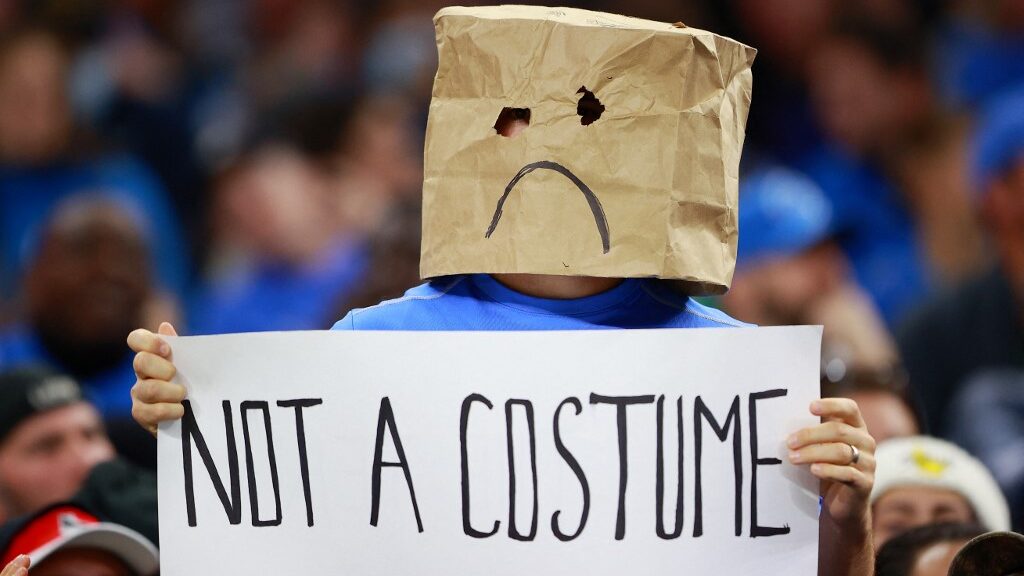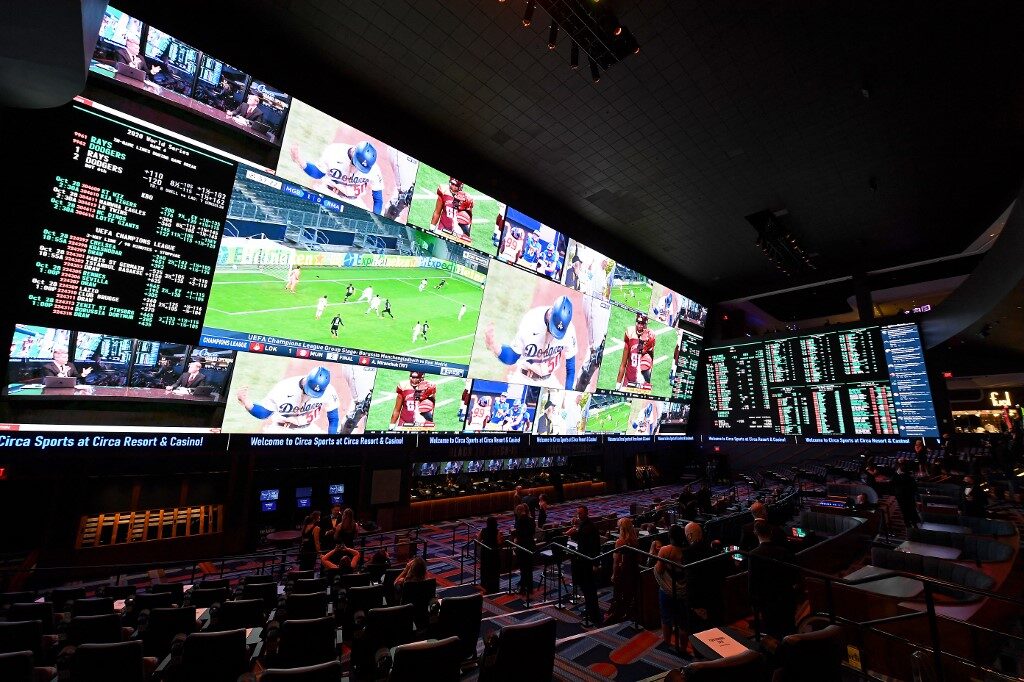
Recent changes in Michigan’s sports betting scene have resulted in a ban on “pick’em” contests for Daily Fantasy Sports (DFS) sites, reflecting a growing conflict in the industry.
The Masquerade Is Over
The Michigan Gaming Control Board’s (MGCB) rule changes were recently submitted to the Michigan Legislature’s Joint Committee on Administrative Rules which, as of October 11th, 2023, has put a stop to what were essentially sports betting props masquerading as DFS offerings.
According to an agency press release, fantasy contests that “have the effect of mimicking betting on sports, or that involve prop bets or the effect of mimicking proposition selection,” will no longer be allowed.
Michigan Gaming Control Board Executive Director Henry Williams, said, “Fantasy contests, like any other form of competitive gaming, thrive on rules and regulations. The Administrative Rules, which were reviewed by the Michigan Legislature, provide a level playing field for all fantasy contest operators and participants, and will help ensure that fairness, transparency, and integrity are upheld.”
Of the six DFS platform providers in the state including Boom Shakalaka, DraftKings, FanDuel, Fantasy Football Player’s Championship (FFPC), Realtime Fantasy Sports., and PrizePicks, the latter was the most notorious for offering pick’em style contests.
However, sources report that all DFS providers will likely be monitored, ensuring they are now complying with the new regulations and no prop-style games are being offered on any of their menus.
Room for Negotiation?
This is not the first state that has put an end to these DFS prop-style wagering options as they reflect a similar ban in New York, while Florida and Wyoming issued cease and desist orders to pick’em operators in those states.
However, Colorado took another path and some are hoping Michigan will eventually study that blueprint and eventually allow DFS operators to offer a more diluted form of the pick’em prop choices that were recently banned.
Daniel Carr, the Director of Communications for the Colorado Department of Revenue said in an email, “One requirement to be a fantasy contest in Colorado is that ‘all winning outcomes reflect the relative knowledge and skill of the participants and are determined predominantly by accumulated statistical results of the performance of athletes in sporting events. By requiring a minimum of four athletes instead of two the Division is increasing the skill required by the patrons and ensuring this requirement is met.”
Fantasy Sports Coalition’s Dueling Messages
The Coalition for Fantasy Sports, a lobbying group representing PrizePicks, Underdog, and Sleeper, released a statement earlier in the year about pick’em contests being outlawed and urged DFS customers to protest what they deemed was a “fantasy sports ban”.
However, many believe the group’s message was purposely misleading as well as inflammatory to convince DFS customers that all fantasy sports were in jeopardy of being eliminated.
Another statement by the group read, “We will continue to work with regulators and policymakers to provide the innovative fantasy sports products customers want and love.”
Michigan State Senator Jim Runestad said last week that he wants these games back in the hands of the DFS operators that want to offer them. “Moving forward, I pledge to work with the gaming commission and other lawmakers to restore access to the legal fantasy sports games that have just been stripped away from Michiganders,” Runestad said in a statement.













